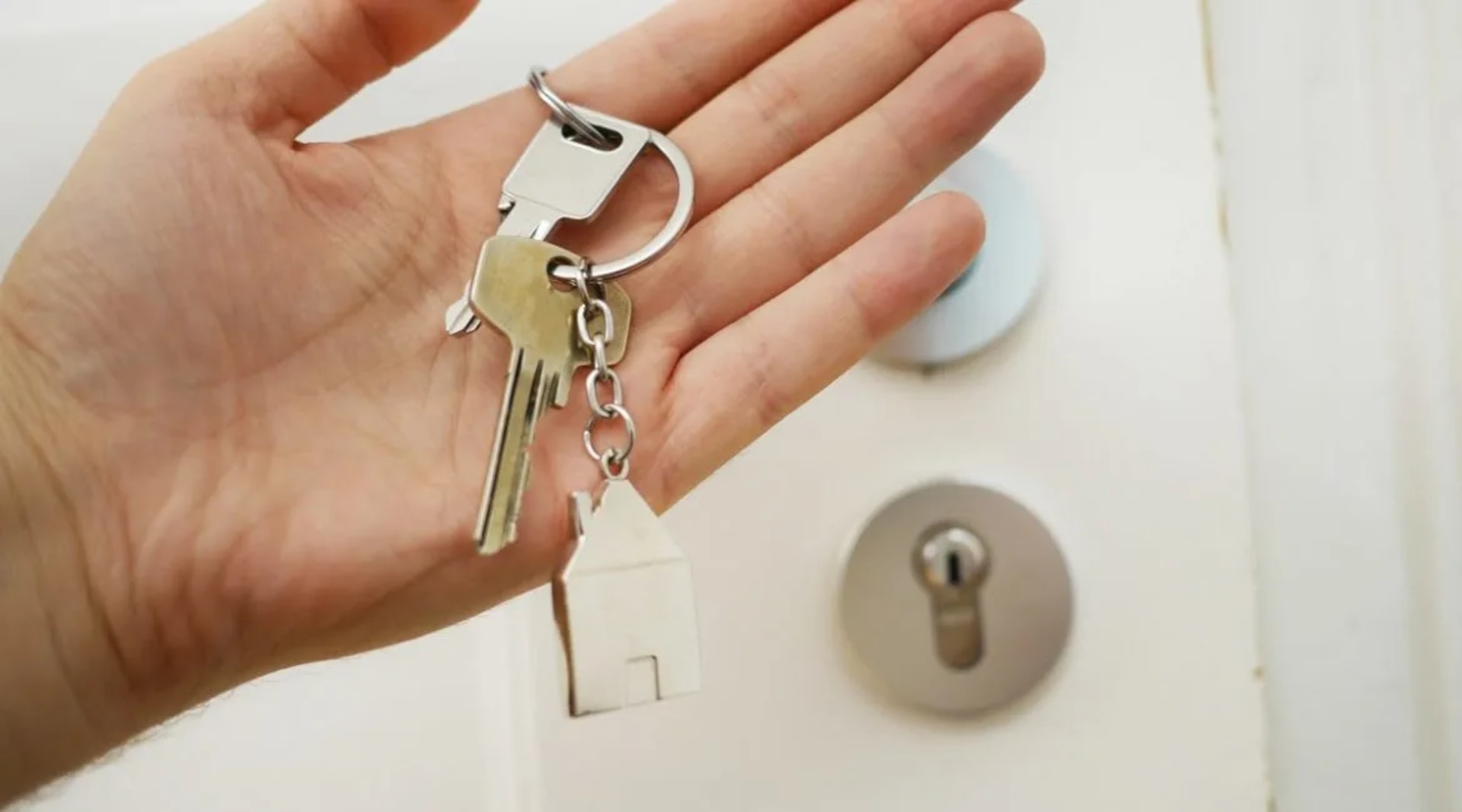
When’s the best time to buy residential real estate in Austin? About ten years ago.
Jokes aside, the housing market in the U.S. has been going crazy since 2021. We’ve seen people offering hundreds of thousands over asking prices, property values skyrocketing, and even renters getting priced out.
But in Austin, this has been going on for much longer than just the past year and a half. For a laundry list of reasons, Austin has been attracting more and more new residents since the Great Recession economic recovery began in 2011.
And it hasn’t slowed down since.
We know, we’re a financial firm, not a real estate company, so why even get into the Austin housing market? Well, because housing is generally people’s largest expense, their home their largest investment, and real estate is often part of people’s larger investment portfolio. In short, what the real estate market is doing has everything to do with financial health, especially for those looking to buy or sell.
And financial health is what we’re all about at NEST.
But since we’re not real estate experts, we sat down with someone who most certainly is.
Mark Strüb is the founder and owner of STRÜB Residential Group and STRÜB Incorporated. Mark started STRÜB in 2004, and since then he’s been building his real estate empire.
STRÜB Inc. doesn’t just help people buy and sell homes — they cover every aspect of residential real estate: from buying and selling, to renovation, to development, and property management. Mark’s goal is to serve every corner of residential real estate, primarily through relationships. And for the past 18 years, he’s been making good on that.
So, when we wanted to get the scoop on what’s cooking in Austin’s real estate scene, naturally Mark was our go-to guy. He was kind enough to answer some of our questions, and his responses have been summarized below.
WHAT’S THE STATE OF AUSTIN’S RESIDENTIAL REAL ESTATE MARKET?
While the U.S. residential real estate market has been going crazy over the past year and a half, in Austin it’s been a much longer period of growth.
In Austin, we started our recovery from the Great Recession in 2011, and we literally have not slowed down since. The snowball has been rolling for eleven years now, and like the rest of the country, it has gone up exponentially in the past couple of years. So, the growth here hasn’t been a huge surprise.
Several things have factored in, such as digital migration, and Covid, which really shone a spotlight on quality of life and people placing a priority on their homes. That, in turn, increased demand.
Low interest rates on mortgages were definitely an accelerant to the whole thing, but housing prices in Austin would have gone up whether the interest rates were at 2% or 5%. We didn’t need the low rates to continue the growth that we’d been seeing.
But those low rates were fuel to the fire.
IS AUSTIN’S RESIDENTIAL REAL ESTATE OVERVALUED?
First, we have to define overvalued. Overvalued means that housing costs exceed median salary.
In Austin, that’s $75,752 as of 2020. If housing should cost 30% of a person’s income, then for housing to be valued correctly, the average price of a house should be around $250k.
But in Austin, the median price of a home, as of May 2022, was $650k.
It’s important to remember that whether or not a market is overvalued isn’t about how the housing prices compare to other cities’, but rather, how they compare to that city’s median salary.
So, yes Austin’s homes are overvalued by definition. This city doesn’t pay enough on average for people to actually live here. But, if this market is a balloon, there’s a lot more room for it to go up. And you’re not going to catch it on the way back down.
Austin’s real estate being overvalued doesn’t mean it’s a bad time to buy or that it’s going to bust, and you’re going to lose money if you do buy.
Even in the midst of the Great Recession, home prices only plateaued — they didn’t lose value.
IS IT A GOOD TIME TO BUY OR SELL REAL ESTATE IN AUSTIN?
It’s definitely still a sellers’ market, meaning that there’s less than 6 months of inventory available for purchase. But that doesn’t mean it isn’t a good time to buy.
It’s always a good time to buy, because if you aren’t buying, you’re renting — essentially throwing away your money.
People get turned off by higher interest rates, like 5%. But rent is essentially 100% interest, because you will never get any of that money back.
When you buy, even at a higher interest rate, your home value is going to appreciate. As we mentioned earlier, even in the worst of times, home prices in Austin plateaued at zero appreciation. It didn’t go to negative digits. And when they started going back up, they went up with a vengeance.
So, if you’re considering buying, even with values so high and interest rates rising, now’s a good time to do so.
A lot of people don’t think they can buy when they actually can. Some of the most common misconceptions are that you need a 20% down payment and that it’s a 30-year decision. Not so.
You can get into a house for as little as 3% down, which makes the barrier to entry very low.
And nobody lives in their house for 30 years anymore. With the appreciation rates we’re seeing in Austin, chances are you’ll double your value in a fraction of the time. People are selling their homes well before 30 years, exiting early, and turning such a profit that they actually lived free of housing expenses for the time they were in their homes. That can’t happen if you’re renting. Of course, there’s obviously no guarantee that happens for everyone.
But if you buy good real estate at a fair price, you’re gonna make out better than renting.
HOW WILL RISING INTEREST RATES AFFECT AUSTIN’S REAL ESTATE MARKET?
Mortgage interest rates have been low for several years, but they’re on the rise. What does this mean for Austin real estate in the coming months?
Mark has some predictions:
He believes that the pressure to drive down inflation, which the Fed is attempting by raising the federal fund rate, will ultimately have the opposite effect here in Austin. “I think it will actually lower interest rates, and that will take our buying market back into gear,” he says. “I think we’re going to have a busy third and fourth quarter.”
If Mark’s predictions are correct, there’s going to be a frenzy of activity in the residential real estate market. So, what does that mean for people looking to buy or sell?
WHAT SHOULD PEOPLE KNOW BEFORE PUTTING THEIR HOMES ON THE MARKET OR PUTTING IN OFFERS TO BUY?
If you’re looking to sell:
- Brush your teeth and comb your hair. Even though it’s a seller’s market, it’s still behooves you to put money and time into preparing your home. If you put the effort into putting your best foot forward, it can make a huge difference in your sale price. Mark cites an example of someone that STRÜB worked with in South Austin. The client was going to sell his home as-is for $450k, but after working with Mark’s team and investing $40k into his home, he ended up closing at around $650k. Money and time well-spent.
- Work with an agency that knows the business. You might be thinking that with the market as it is, you can just do it on your own, or even list with a discount company like FSBO or Redfin. You’re selling yourself short if you take this approach. If you have a guide, like STRÜB, who knows every aspect of the business, you’re going to get a much bigger return than the money you’ll save otherwise.
If you’re looking to buy:
- Prices are high… and rising. Even though Austin’s market is overvalued, it doesn’t mean that it’s overpriced. Prices still can, and will, go up. You can catch that balloon on the way up, but you can’t catch it on the way down. It won’t be going that way again.
- Buying > Renting. Don’t let high prices dissuade you — it’s always a good time to buy. Buying is a better investment of your money than renting, even if interest rates are high. Rents are going up as well, and when you’re paying someone else’s mortgage, that’s even more money you’ll never get back.
- Don’t buy into the myths. More people can buy homes than believe they can. A 30-year commitment and 20% down are myths. Talk to a knowledgeable and experienced real estate agent to get the truth about your options.
If you’d like to learn more about the state of Austin real estate or see how buying or selling your home fits into your financial plan, schedule a no-obligation call with us. We’ve been at this in Austin for nearly 30 years, through times of feast and famine. If we don’t have the answer, you better believe we have friends, like Mark, who do. Reach out to us at info@nestfinancial.net.

Social Cookies
Social Cookies are used to enable you to share pages and content you find interesting throughout the website through third-party social networking or other websites (including, potentially for advertising purposes related to social networking).